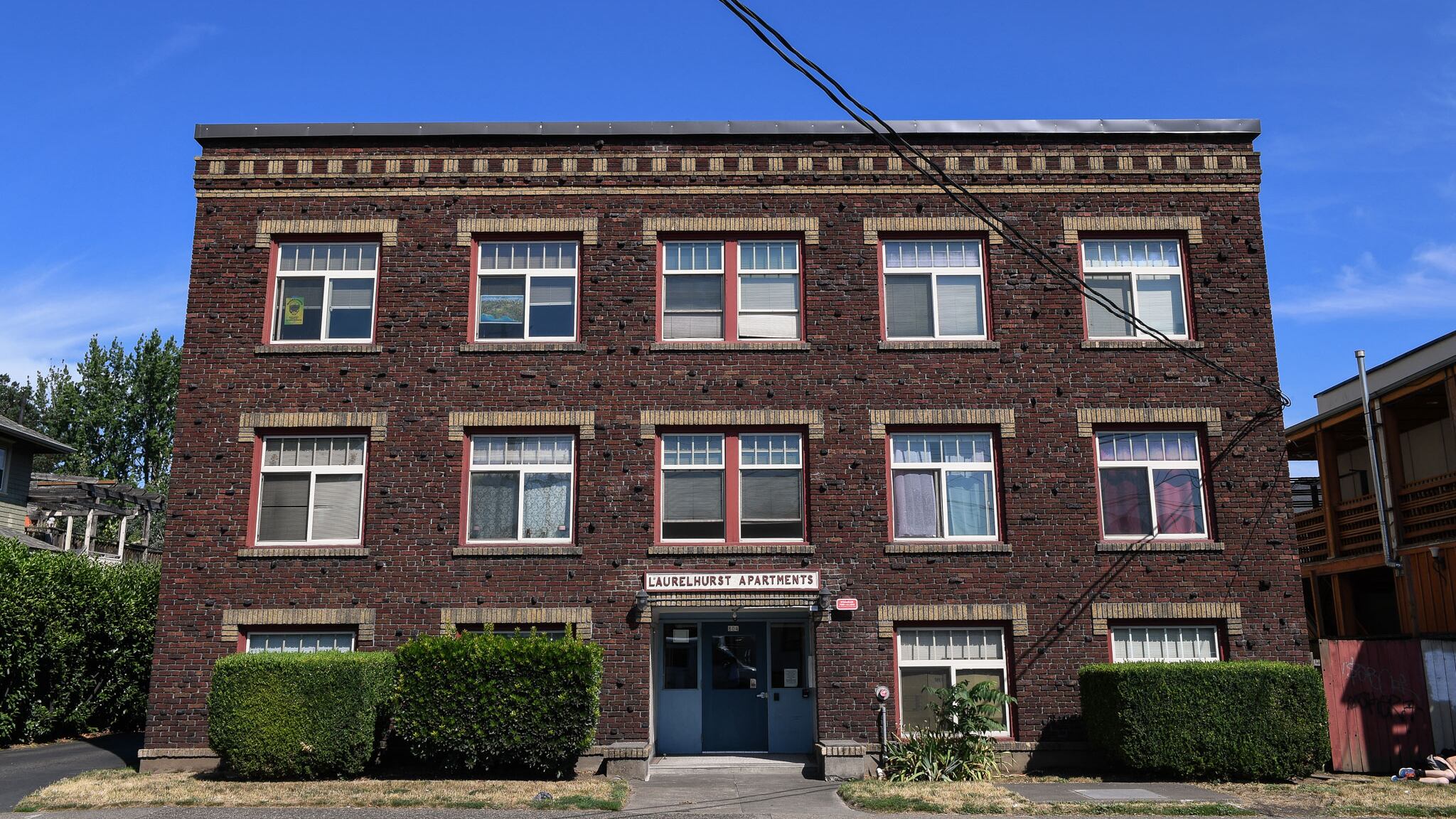Last week, the Portland Housing Bureau's new Office of Rental Services got a big cash infusion when the City Council approved a $60-per-unit fee on all non-subsidized rental housing in the city, about 101,000 units.
The fee should eventually generate $5.4 million a year for the office. Much of the money will be used to compile a registry of properties and protect renters' rights.
But the Rental Services Office will also oversee an existing contract, worth $128,000 a year, with OneApp, a company that seeks to make applying for an apartment cheaper and easier. The for-profit Portland company has raised millions in private funding from local investors, including real estate developer Homer Williams.
It is this expenditure that has some people in the housing industry shaking their heads and wondering if it's reflective of how the new office will spend its money.
Deborah Imse, executive director of Multifamily NW, a trade association for rental property owners and managers, objects. She says members of her organization, who control 200,000 residential units in the metro area, have found OneApp to be a flawed product.
"There are a number of concerns with it," Imse says. "We're not sure all aspects of the app comply with Fair Housing Act regulations."
Imse explains that OneApp gathers demographic data, such as an applicant's race, that landlords can't legally ask about.
She adds that some of her landlord members conducted trial runs with OneApp but found that tenants who used the site were coming to them believing they had qualified to rent a property only to fail the landlord's screening process. "Our members don't use it," she says.
Margot Black is an advocate with Portland Tenants United, a member of the city's Rental Services Commission—and normally an adversary of Imse's. But she also wonders why the city is continuing its relationship with OneApp.
"Usually if you're not doing your job, you stop getting paid for it," she says. "This should be especially true in the middle of a deepening housing crisis where lack of funding is often cited as a reason that we can't do more faster."
Black wants the Rental Services Office to be more accountable.
"The city originally and enthusiastically invested in OneApp to meet two critical needs: limit the time and money renters spend on application fees during a housing search and, perhaps more importantly, provide a platform to see and apply for all of the affordable housing in the city," Black says. "Neither goal has been met or is even in progress."
Portlander Tyrone Poole founded OneApp in 2012, initially calling it Noapp-fee.com. As one of the city's most visible young entrepreneurs, Poole has received widespread media coverage of his quest to streamline the often nightmarish process of obtaining an apartment lease.
With a compelling personal story and a product with national potential, he won over backers, including Williams and Jon Maroney, a general partner at the Oregon Venture Fund.
OneApp first received a three-year city grant in 2016 to provide no-cost, one-stop shopping for renters seeking apartments designated as affordable.
The problem was, Poole concedes, the concept didn't work. Demand for affordable units so far outstripped supply there was never any inventory for renters to view.
"Affordable buildings don't have vacancies," Poole says. "All there were was wait lists. And that was frustrating for everybody."
The city continued working with OneApp, but what it got out of the relationship changed over the past couple of years. Poole says OneApp switched its focus to market-rate rentals and, for the $128,000 a year the city pays the company, supplies data to the city about prospective renters. Previously, the city had little information about the specific experiences of renters as they tried to navigate applications and find housing.
The data OneApp provides is highly useful, Poole says.
Last year, for example, city officials discovered that many renters who had Section 8 vouchers for affordable housing were being rejected by landlords. City officials took that to mean the value of the vouchers was too low. But Poole says OneApp's data showed that the tenants were being rejected for other, nonfinancial reasons.
Poole argues the city has never had anything resembling the data OneApp has provided. He says he's talking to city officials about what their business relationship will look like going forward.
He adds that a data set of 10,000 renters and the challenges they faced with background checks, security deposits and other barriers to securing apartments shaped the slate of new tenant protections the council approved in June. Poole says without his company's data, the city was flying blind. "The entire ordinance was written from OneApp's data," Poole says.
Jamey Duhamel, policy director for City Commissioner Chloe Eudaly, who pushed the tenant protections, confirms that.
"Tyrone is absolutely correct that his platform was the only database available to us that represented a broad spectrum of renters and could serve as a baseline for how our policies would increase access to housing," Duhamel says.
Imse says her members would like the City Council to slow down on regulations like the new $60 rental registry fee and focus on speeding the development of new housing.
"[Multifamily NW members] are getting gun-shy on new development because they don't know what regulations are going to impact them," Imse says. "And it can still take up to two years to get through the permitting system."
